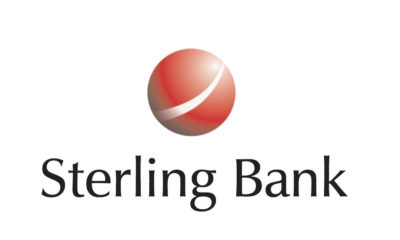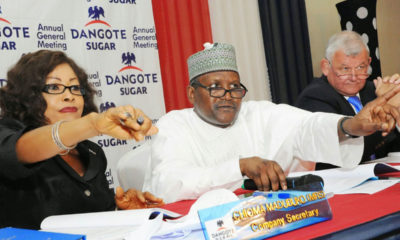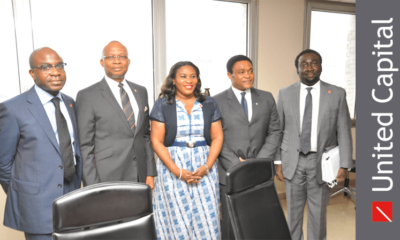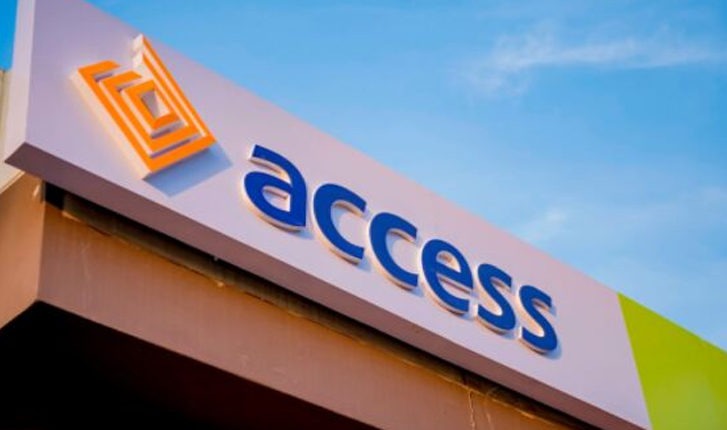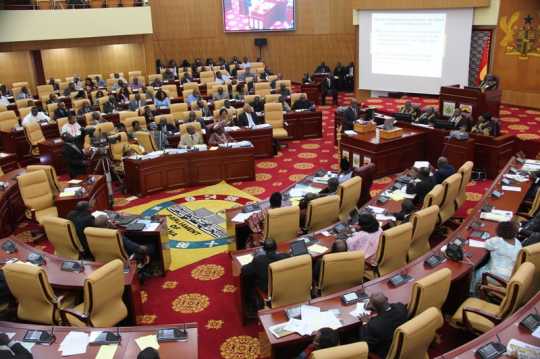The Democratic Republic of Congo (DRC) received a positive review from the International Monetary Fund (IMF) on Wednesday in a crucial step toward completing its first-ever IMF loan program.
Following the completion of the sixth and final review in the Congolese capital, Kinshasa, IMF staff are set to recommend to the executive board the approval of the last disbursement of Congo’s three-year $1.5 billion extended credit facility.
This development positions Congo on the brink of achieving a milestone in its financial history.
Despite facing fiscal pressures exacerbated by ongoing conflict in the eastern regions and the recent elections in December 2023, the IMF lauded Congo’s overall performance as “generally positive”.
The country’s economy heavily relies on mineral exports, particularly copper and cobalt, essential components in electric vehicle batteries.
According to the IMF, Congo’s economy exhibited robust growth, expanding by 8.3% last year, fueled largely by its ascent to become the world’s second-largest copper producer.
However, persistent insecurity in eastern Congo, attributed to the activities of over 100 armed groups vying for control over resources and political representation, has hindered the nation’s economic progress.
The positive assessment by the IMF underscores Congo’s achievements in enhancing its economic fundamentals, including an increase in reserves, which reached $5.5 billion by the end of 2023, equivalent to approximately two months of imports.
Despite these gains, challenges remain, with high inflation rates hovering around 24% at the close of last year.
The IMF emphasized the necessity of enacting a new budget law following the renegotiation of a minerals-for-infrastructure contract with China. Under the revised terms, Congo is slated to receive $324 million annually in development financing backed by revenue from a copper and cobalt joint venture.
Looking ahead, the IMF’s executive board is anticipated to deliberate on the staff recommendation in July. If approved, the disbursement of approximately $200 million will fortify Congo’s international reserves, providing a crucial buffer against economic volatility.
Also, Congo’s government intends to seek a new Extended Credit Facility (ECF) from the IMF, signaling its commitment to ongoing economic reforms and sustainable growth.
The IMF’s endorsement represents a significant validation of Congo’s economic trajectory and underscores the nation’s efforts to navigate complex challenges while advancing towards financial stability and prosperity.
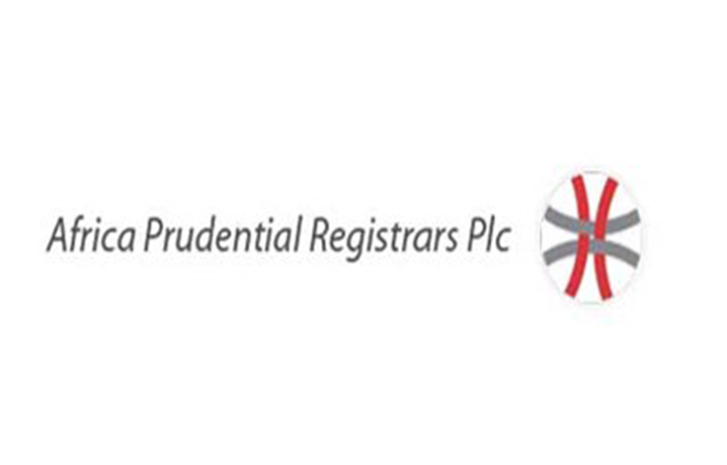

 Billionaire Watch4 weeks ago
Billionaire Watch4 weeks ago


 Naira4 weeks ago
Naira4 weeks ago


 Naira3 weeks ago
Naira3 weeks ago




 Naira3 weeks ago
Naira3 weeks ago




 Naira3 weeks ago
Naira3 weeks ago




 Naira2 weeks ago
Naira2 weeks ago
 Commodities3 weeks ago
Commodities3 weeks ago


 Sport Business4 weeks ago
Sport Business4 weeks ago





